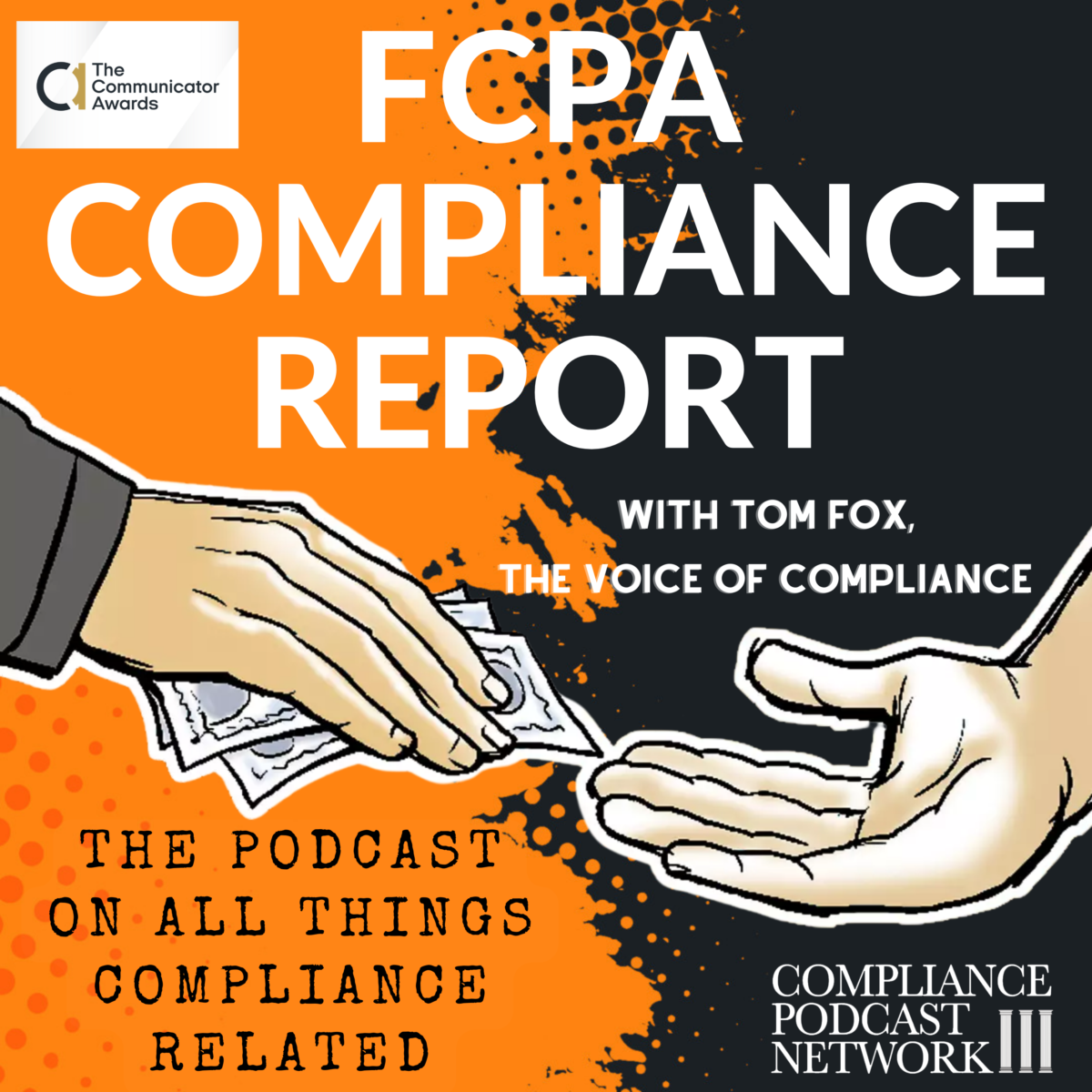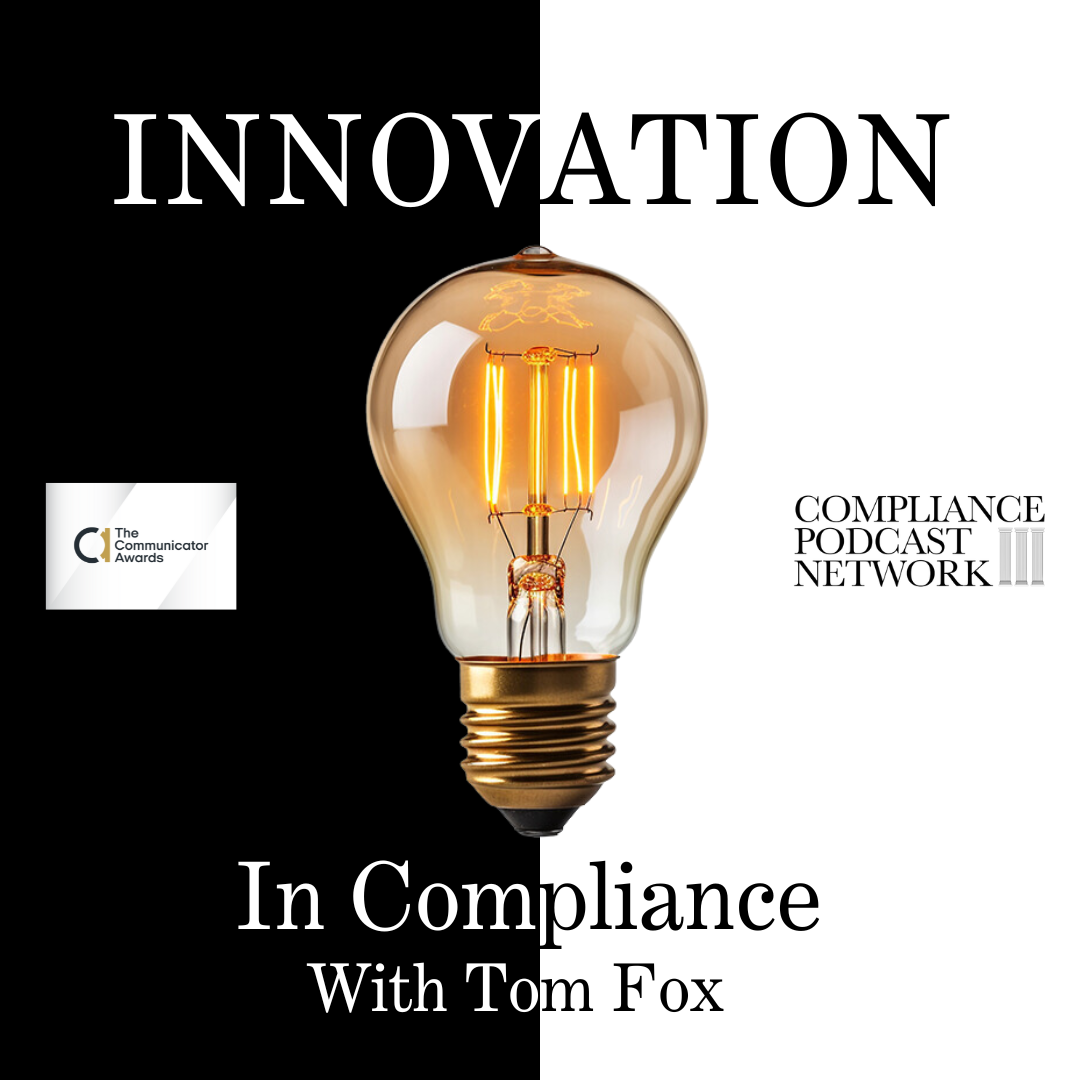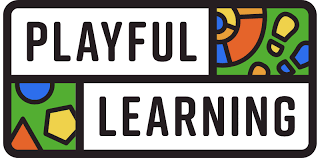There is not much I enjoy more than sitting down with one of the innovative thinkers in compliance, Carsten Tams, to find out what is on his mind regarding compliance. I recently had the opportunity to make Ethics and Compliance (E&C) training memorable. We explored this topic over a five-part podcast series on the Innovation in Compliance podcast on the award-winning Compliance Podcast Network.
Over the next five blog posts, I will also explore these topics in the blog format. I will introduce the problem and challenges and then provide you with four proven strategies for success in your compliance training. I will deeply dive into why traditional E&C training often fails to engage employees and needs more impact on their behavior despite significant investments. In this concluding Part 5, we consider how a compliance professional can create playful and fun compliance training to increase employee engagement.
We began with the question, ‘Why is it important to make ethics and compliance training playful?’ Tams noted that there is a concept in gaming called the “magic circle.” This means that as “we enter into a play frame of mind, we enter this magic circle, where we become more open to new information. Play facilitates experiential learning, where we actively engage all our senses and enter a generative mode. We become protagonists in our learning journey in a play situation, turning training into an adventure. Games also lend themselves well to social learning. Strength-based, social, and experiential learning converge in the play. There is evidence supporting the positive learning outcomes facilitated by playful learning.”
We turned to some examples of playful ethics and compliance training and how it can incorporate some of the other concepts we have explored over this series, such as strength-based training, experiential learning, and the social aspect. Tams noted he developed a game-based ethics learning experience called “The Ethics Kit: Find Your Path,” a “card game for three to five participants. Players start by selecting a scenario derived from the company’s ethics code, such as anti-harassment, money laundering, or anti-discrimination. One player, the Pathfinder, devises a strategy to address the issue, supported by others using commitment, action, and resource cards. Participants engage in a self-guided, open-ended experience, using their ingenuity and creativity to bring diverse perspectives together. This resembles real-life situations, and players are cast as heroes who intervene to stop unethical behavior. This aligns with the strength-based perspective, where employees are seen as ethical agents rather than potential delinquents.”
Tams led a training session at UNESCO using this approach, with 50 senior managers participating. He noted that the room was filled with chatter and problem-solving, which he believed “demonstrated the effectiveness of this approach. Through this process, participants realize they are not alone in caring about ethics, which builds confidence and fosters a supportive environment.”
Tams also believes playfulness is how the training is delivered, such as using animation, music, or cool graphic designs to drive engagement, as engaging different senses can add significant value. However, he cautioned that these elements should not be used as gimmicks and that ensuring meaningful learning is crucial. If you address learners as ethical agents who can actively uphold moral values rather than potential rule-breakers, then playful elements like cartoons and humor can be practical. Otherwise, it becomes merely cosmetic and entertaining but not empowering.
Making ethics and compliance training fun and playful can transform an organization’s approach to ethical behavior. Organizations can create engaging, meaningful, practical training experiences by integrating playfulness into learning. This approach enhances individual skills and fosters a supportive and moral culture.
To implement playful learning in your organization, consider the following steps:
- Incorporate Game-Based Learning: Use games like “The Ethics Kit” to create interactive and engaging learning experiences.
- Leverage Multimedia Elements: Enhance training with animation, music, and graphic designs to make the content more engaging.
- Focus on Meaningful Learning: Ensure the content is relevant and meaningful to the learners, recognizing them as ethical agents.
- Build a Supportive Culture: Foster a culture of ethics by encouraging continuous dialogue and support among employees.
By taking these steps, compliance professionals can create a robust and engaging ethics training program that empowers employees to act ethically and supports a culture of integrity within the organization.
We concluded by summarizing key points from our five-part series. First, the user experience (UX) is crucial. Ethics can only be practical if it is engaging. Recipients must feel that the content speaks to them and is meaningful. The importance of UX, which is well-established in product design and design thinking, should be applied to ethics and compliance training.
Second, conventional compliance training often should be included in education and learning. Many compliance training programs need to move the needle on behavior change because they need insight from behavioral sciences, philosophy, psychology, and learning professionals. Integrating these perspectives can enhance training effectiveness.
Third, the four-game changers we have discussed—strength-based learning, experiential learning, social learning, and playful learning—are well-supported by research. These strategies are not new; they have been discussed and validated for over a century. Compliance professionals can benefit from incorporating these proven methods into their programs.
We hope you will consider one or more concepts in this podcast and blog post series. Please feel free to reach out if you have any questions or want to explore these topics further.
Tom Fox can be reached at tfox@tfoxlaw.com
Carsten Tams can be reached at carsten.tams@emagence.com












